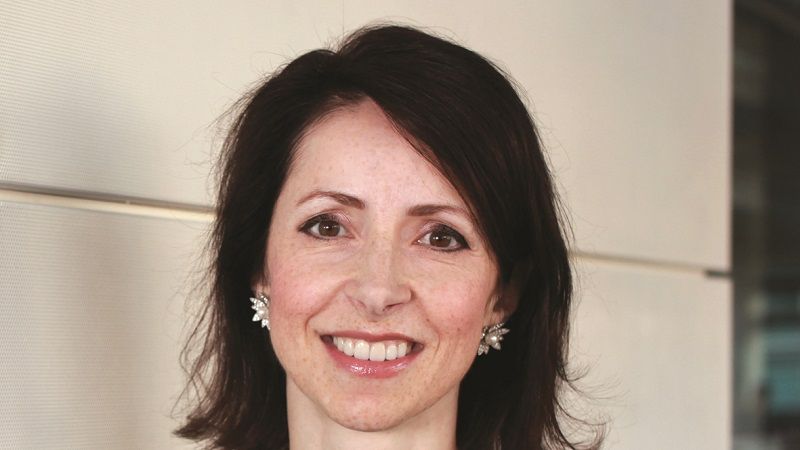The UK’s Diversity Project has set new ambitions for the asset management industry, targeting 50/50 gender split of individuals in fund management roles, and a halving of the investment industry’s gender pay gaps by 2030
The body, which was set up in 2016 to accelerate progress towards an inclusive culture in the investment profession, highlighted the industry’s gender pay gap – based on last year’s data – are the second largest of any UK sector, exceeded only by investment banking.
It acknowledged there has been growing commitments and actions taken by groups to address the lack of diversity but “efforts around gender have been greater than the results.”
Dame Helena Morrissey, chair of the Diversity Project and founder of the 30% Club, explained: “All the evidence suggests we continue to make painfully slow progress towards encouraging more women into fund management and to build their careers in our industry.
“At the same time, a sense of fatigue has set in around the topic of gender diversity. Yet the arguments for having more women run money, manage people, lead client relationships and contribute to our industry’s culture and future are stronger than ever. We’ve analysed the obstacles and devised a new intensive, wide-ranging set of initiatives to address them and create new enablers for women to progress. And we’ve decided to set ambitious goals to hold our collective feet to the fire and actually deliver the progress needed.”
The Diversity Project said it will be targeting 50% females in fund management positions and a 50% reduction in the gender pay gap over the next decade in a bid to refocus efforts.
Recent research by Morningstar found the percentage of female fund managers across the globe has remained stagnant for 20 years, despite the number of mutual funds in existence ballooning to more than 119,000. At the end of 2000, 14% of fund managers were women, and at the end of 2019, 14% of fund managers were women.
To reach its new targets, the Diversity Project said it already has a number of existing programmes that will support this, including SMART working and Returners and Working Families, but will be launching a new work stream to leverage these efforts.
The project is led by Morrissey with Stephen Welton, executive chairman of BGF and member of the Diversity Project’s Advisory Council, as the executive sponsor.
It is also partnering with a number of expert groups in this field, including City Hive, Women Ahead, Women Returners, UpReach and Timewise, and is considering ways to contribute to efforts to encourage more women into private equity and venture capital firms and to in turn support more female entrepreneurship in the UK.
The Diversity Project also recently published a number of ways CEOs can focus on diversity in their Covid-19 recovery plans and help ‘build back better’.
Morrissey added: “We’re at a crossroads for workplace gender equality efforts, with women having shouldered much of the household and childcare duties during Covid-19, yet also able to work more flexibly and from home.
“The investment industry is seeking to build back better from the crisis, developing the lessons learned so that firms are more modern, more inclusive and more resilient. Ensuring women are a key part of the next phase, involved in the decision-making and offering their perspectives will help us serve our clients better. It’s the right moment to reassess and redouble our efforts to improve the representation of women, especially in fund manager roles, the lifeblood of our industry. The goals are ambitious and show that we’re serious.”
Executive sponsor Welton said: “It is critically important that as an industry we make a step change now with bold action to improve diversity and inclusivity in the workplace. On an individual level, key to this is challenging internal biases and ‘unlearning’ many of the unconscious assumptions that perpetuate the gender inequality that still exists today. This set of initiatives is intended to engage more women in the asset management industry, but also to encourage female entrepreneurship more broadly, so that targeted interventions have a magnifying effect across the whole ecosystem.”








